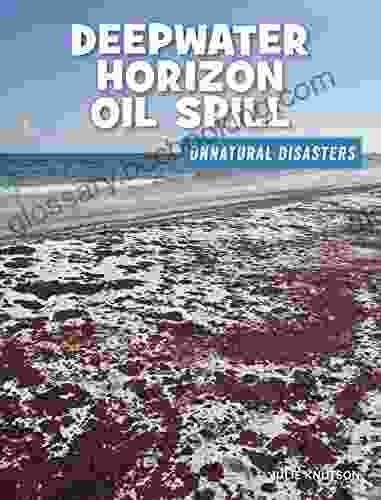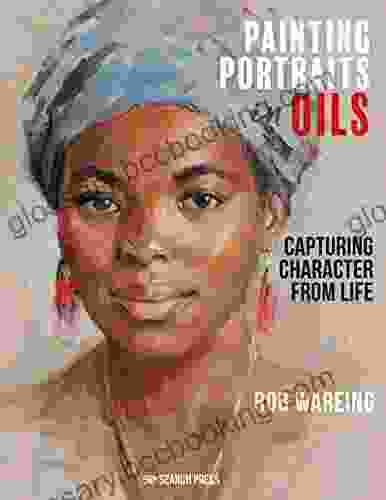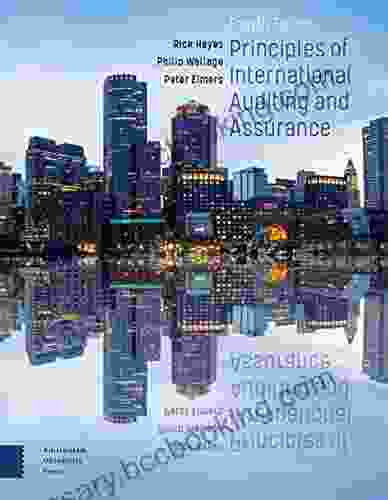Human Error: Design Flaws and Bad Decisions

In the intricate tapestry of human endeavors, errors are an inescapable thread, interwoven into the very fabric of our creations. From towering skyscrapers to seemingly innocuous everyday objects, the mark of human fallibility is omnipresent. In his groundbreaking book, "Human Error: Design Flaws and Bad Decisions," renowned expert James Reason meticulously dissects the treacherous landscape of human error, laying bare the hidden vulnerabilities that lurk within our designs and exposing the profound impact they have on our lives.
The Anatomy of Error
Reason's comprehensive analysis delves into the root causes of human error, unveiling the intricate interplay of psychological factors, cognitive limitations, and environmental influences that contribute to this pervasive phenomenon. Through meticulously documented case studies, he illustrates how even the most well-intentioned designs can fall prey to the subtle traps of human error.
4.8 out of 5
| Language | : | English |
| File size | : | 35960 KB |
| Print length | : | 32 pages |
| Screen Reader | : | Supported |
Reason's research reveals that errors are not simply random occurrences but rather result from a complex interplay of factors. He identifies three primary categories of errors: slips, lapses, and mistakes. Slips are unintentional actions that result from a momentary lapse in attention or memory. Lapses, on the other hand, occur when an intended action is inadvertently omitted. Mistakes, the most severe type of error, involve a fundamental misunderstanding or misapplication of knowledge.
The Ripple Effects of Flawed Designs
Beyond the immediate consequences of individual errors, Reason's analysis extends to the broader repercussions of design flaws. Flawed designs can create systemic vulnerabilities that reverberate throughout complex systems, leading to catastrophic failures. The book provides chilling examples of such failures, from the Bhopal gas disaster to the Space Shuttle Challenger explosion, demonstrating how seemingly innocuous design flaws can unleash devastating consequences.
Reason argues that the pursuit of efficiency and cost-effectiveness has often led to the neglect of human factors in design. As a result, many systems are optimized for technical efficiency but fail to adequately account for the limitations of human operators. This disconnect between human capabilities and system demands can create a breeding ground for errors, with potentially disastrous outcomes.
The Quest for Error-Resilient Designs
In light of the pervasive nature of human error, Reason emphasizes the critical need for error-resilient designs. Error-resilient designs are characterized by their ability to mitigate the consequences of human error, prevent the escalation of failures, and facilitate recovery. Reason outlines a set of principles for designing error-resilient systems, including:
- Providing clear and intuitive interfaces: Designs should minimize the likelihood of slips and lapses by presenting information in a manner that is easily understood and acted upon.
- Incorporating safeguards and redundancy: Critical systems should be equipped with safeguards to prevent catastrophic failures and redundancy to compensate for potential failures.
- Enhancing training and support: Operators should receive thorough training and ongoing support to ensure they have the knowledge and skills necessary to operate systems safely.
- Establishing a culture of error reporting and learning: Organizations should foster a culture that encourages the reporting and analysis of errors, enabling organizations to learn from mistakes and prevent their recurrence.
The Path to Safer and More Human-Centered Designs
Reason's "Human Error: Design Flaws and Bad Decisions" serves as a clarion call for a renewed focus on human factors in design. By understanding the nature of human error and the vulnerabilities of our designs, we can strive to create systems that are more resilient, safer, and truly human-centered.
This book is an indispensable resource for designers, engineers, policymakers, and anyone concerned with the safety and reliability of complex systems. Its insights and recommendations offer a roadmap for reducing the incidence and consequences of human error, ultimately leading to a more error-resilient and humane world.
4.8 out of 5
| Language | : | English |
| File size | : | 35960 KB |
| Print length | : | 32 pages |
| Screen Reader | : | Supported |
Do you want to contribute by writing guest posts on this blog?
Please contact us and send us a resume of previous articles that you have written.
 Book
Book Novel
Novel Page
Page Chapter
Chapter Text
Text Story
Story Genre
Genre Reader
Reader Library
Library Paperback
Paperback E-book
E-book Magazine
Magazine Newspaper
Newspaper Paragraph
Paragraph Sentence
Sentence Bookmark
Bookmark Shelf
Shelf Glossary
Glossary Bibliography
Bibliography Foreword
Foreword Preface
Preface Synopsis
Synopsis Annotation
Annotation Footnote
Footnote Manuscript
Manuscript Scroll
Scroll Codex
Codex Tome
Tome Bestseller
Bestseller Classics
Classics Library card
Library card Narrative
Narrative Biography
Biography Autobiography
Autobiography Memoir
Memoir Reference
Reference Encyclopedia
Encyclopedia Kiana Danial
Kiana Danial Jack Trottier
Jack Trottier Sarah M Broom
Sarah M Broom Nicole J Georges
Nicole J Georges W B Yeats
W B Yeats Jake Wood
Jake Wood Tom Angleberger
Tom Angleberger Jacki Pritchard
Jacki Pritchard James K Galbraith
James K Galbraith James C Radcliffe
James C Radcliffe Jacques Vallee
Jacques Vallee Pao Lor
Pao Lor Molly O Neill
Molly O Neill James Dashner
James Dashner Stephen D King
Stephen D King Sarah Cooper
Sarah Cooper James O Aldrich
James O Aldrich Kristi Bradley
Kristi Bradley Steve Adams
Steve Adams Marcia Stewart
Marcia Stewart
Light bulbAdvertise smarter! Our strategic ad space ensures maximum exposure. Reserve your spot today!

 Isaiah PricePrimal Inception: A Primal Action Thriller That Will Keep You on the Edge of...
Isaiah PricePrimal Inception: A Primal Action Thriller That Will Keep You on the Edge of...
 Ronald SimmonsUnveiling the Culinary Odyssey: Gordon Ramsay's "The Apprentice: My Life in...
Ronald SimmonsUnveiling the Culinary Odyssey: Gordon Ramsay's "The Apprentice: My Life in... Vic ParkerFollow ·4k
Vic ParkerFollow ·4k Leo TolstoyFollow ·2.2k
Leo TolstoyFollow ·2.2k Stanley BellFollow ·5.6k
Stanley BellFollow ·5.6k Dawson ReedFollow ·7.3k
Dawson ReedFollow ·7.3k Hudson HayesFollow ·6.9k
Hudson HayesFollow ·6.9k Marcel ProustFollow ·7.5k
Marcel ProustFollow ·7.5k Chuck MitchellFollow ·9.6k
Chuck MitchellFollow ·9.6k Chris ColemanFollow ·2.6k
Chris ColemanFollow ·2.6k

 Douglas Adams
Douglas AdamsGingerbread Friends by Jan Brett
A Magical Tale for the Holidays Jan Brett's...

 Joseph Foster
Joseph FosterHappy Birthday Moo Moo Family: A Delightful Tale for Kids...
Celebrate the Bonds of Family with...

 Demetrius Carter
Demetrius CarterUncover the Enchanting Tapestry of New Delhi: A Visual...
New Delhi, India's vibrant capital, is a...

 W.B. Yeats
W.B. YeatsUnveiling the Power of Lean UX: A Comprehensive Review of...
In the rapidly evolving world...
4.8 out of 5
| Language | : | English |
| File size | : | 35960 KB |
| Print length | : | 32 pages |
| Screen Reader | : | Supported |












